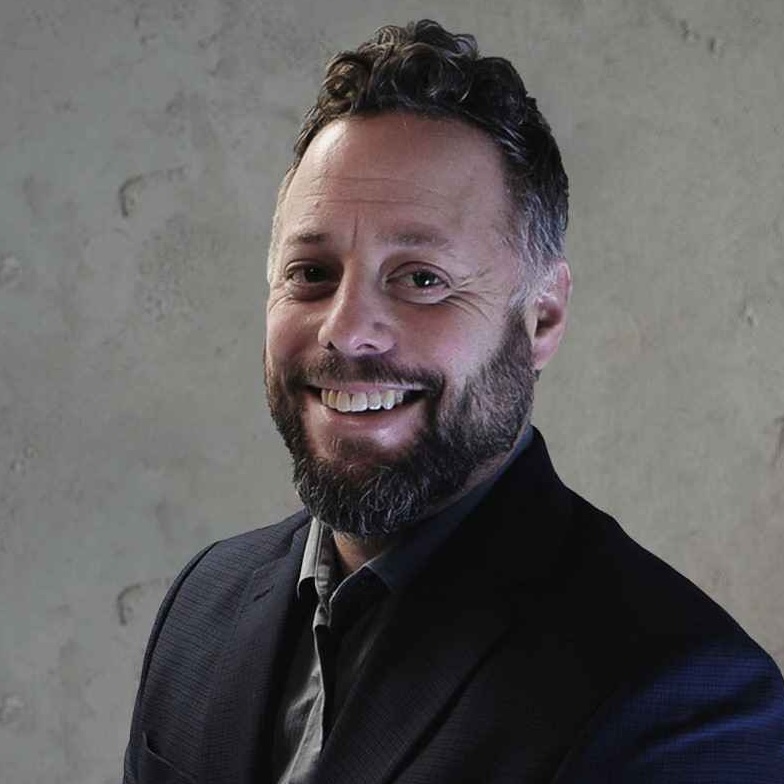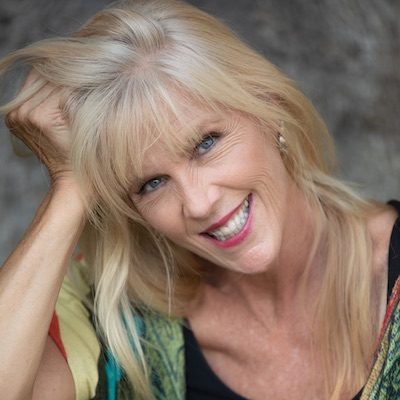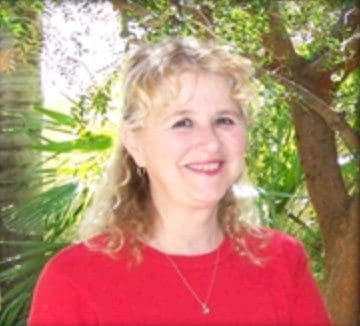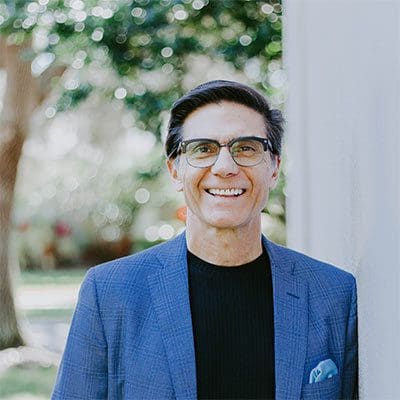What Do We Do With All Our Stuff?
Photo by Samet Kurtkus on Unsplash
The month of February is still visible in the rear view mirror, yet in our household I already hear the steady drumbeat for spring cleaning. Beyond brooms, buckets, and mops, spring cleaning is accompanied by a call to arms: Let’s dispose of all the junk!
Junk is in the eye of the beholder. You say junk, I say keepsake. I say junk, you say heirloom. Although we did a commendable, and necessary, job separating ourselves from heaps of flotsam and jetsam when we downsized from a 2,700-square-foot house to a 1,400-square-foot apartment, apparently we’ve continued to accumulate in the intervening 16 years.
Some of these surplus possessions are not our fault. We have become the designated repository-of-choice for our children’s high school and college textbooks, shelving components from my sister-in-law’s studio, even one grandfather’s cremated remains. In each case, disposal must be preceded by delicate diplomatic negotiations with other parties who would just as soon not come to the table.
Trash vs. Treasure
All that aside, we do need to come to grips with dozens of unread books, old client files, broken lamps that might someday be repaired, and extra sets of linens. Eventually we will be forced to discuss the heirloom china, silver, and crystal that we hope to pass down to children who have shown no interest in them.
However unpleasant the prospect of de-junking, our burden is minor. The people who really have it bad are those who help their elderly parents downsize or, worse, are forced to sort through the possessions of deceased parents.
My friend Michelle Spiziri, who owned a concierge service that helped households organize, recalls some horror stories. Sometimes she had to declutter the homes of people who couldn’t throw away anything, until the Clutter made it hard for them to navigate their living space. “I would try to convince someone that if it’s been in a box for 20 years, you don’t need it,” she recalls. Her advice: “Start eliminating little by little, years before you think you need to, and don’t accumulate more stuff.” (You can hear my podcast interview with Michelle Spiziri about her subsequent career as an artist.)
George Carlin also had some “choice” words on the topic.
There are numerous articles on the internet that offer advice on decluttering. Frankly, many of them could have been written by ChatGPT and are not especially helpful. They approach the subject from a rational, step-by-step process. What they fail to consider is that disposing of stuff is not rational. The emotional connections we attach to objects is what makes the process so painful. It’s not just a poster; it’s a reminder of a wonderful vacation. It’s not just grandmother’s tea set; it calls to mind fond memories of her. It’s not just a musty book; it’s a collector’s item, passed down through three generations – so far.
Objects vs. Stories
In her book Squint: Re-visioning the Second Half of Life, Margit Novack relates a story about loaning a friend her mother’s cake plate, and learning that the cake plate had broken. She tells her friend, “It belonged to my mom, who died, and it’s one of my favorite things.” Then she adds, “But my mom is in my heart and my mind, not in a cake plate.”
Novack continues: “The thing is, if I want my children to know their grandmother, they won’t learn about her from a cake plate. They will come to know her from stories that I share….Who she was is communicated through stories, and if the stories are passed down, the possessions become immaterial.” (You can hear my podcast interview with Margit Novack.)
Think about those stories as you try to separate the keepsakes from the disposables among your stuff. When we retain the stories, we don’t need the physical objects.
For additional suggestions and guidance about stuff disposal, the PositiveAging community offers a one-hour video with four members of an organizing firm addressing the issues. Two popular books on the topic are Downsizing: Confronting Our Possessions in Later Life, by David Ekerdt, and Keep the Memories, Lose the Stuff, by Matt Paxton.
Here’s wishing you a successful good riddance.
Was your transition to retirement bumpy?
I want to interview people about their own Retirement experience for a book I’m researching. If you care to share your story, please email me at don@donakchin.com to set up a remote interview.




























Already a Member? Login Here.
Not Yet a Member? Join the Conversation Today!